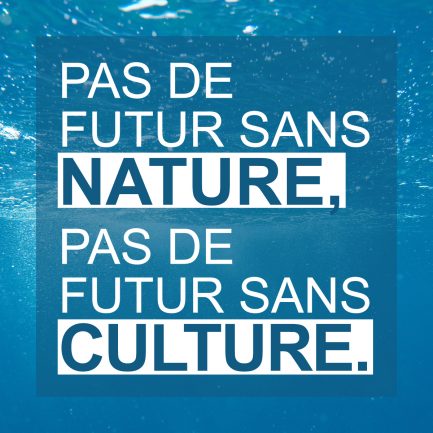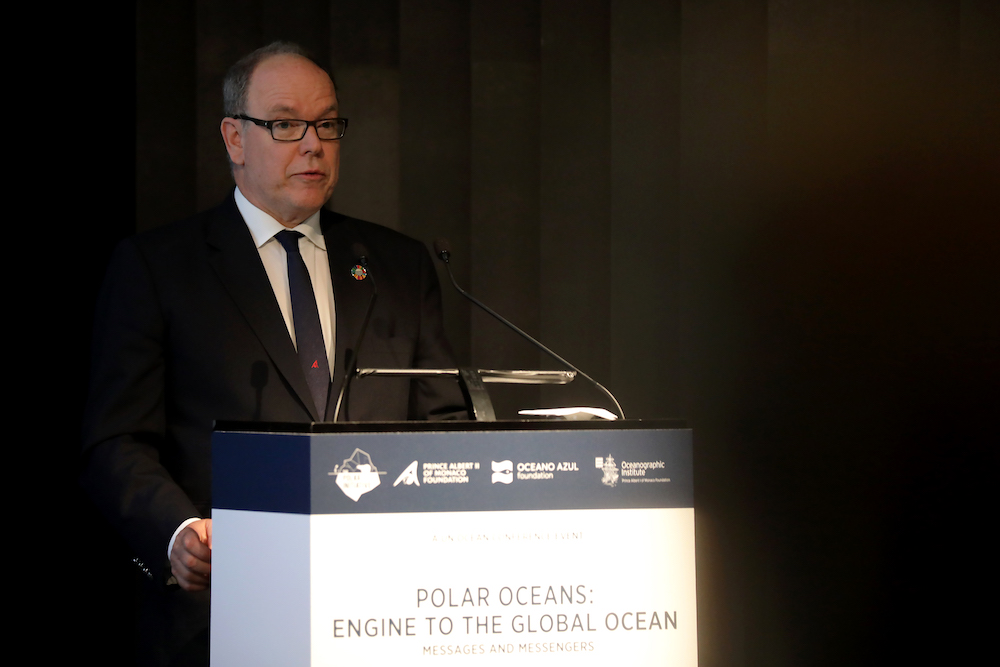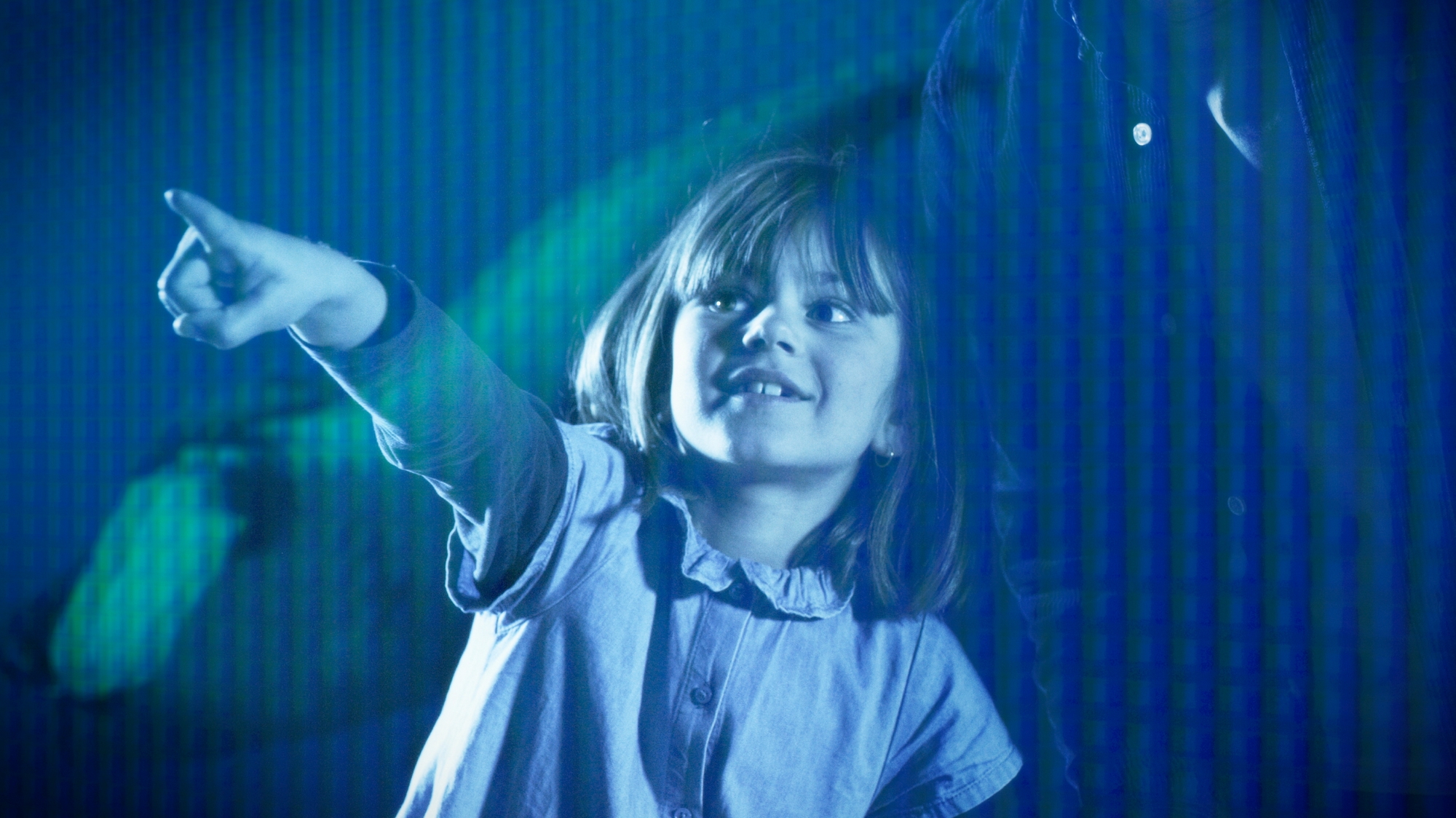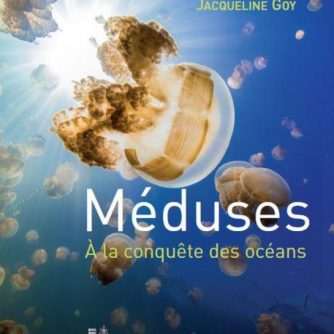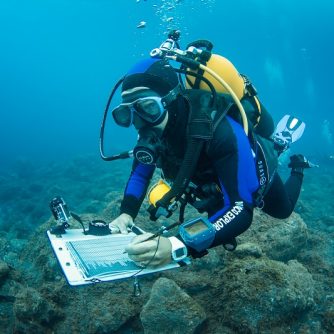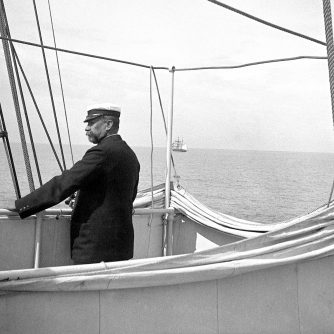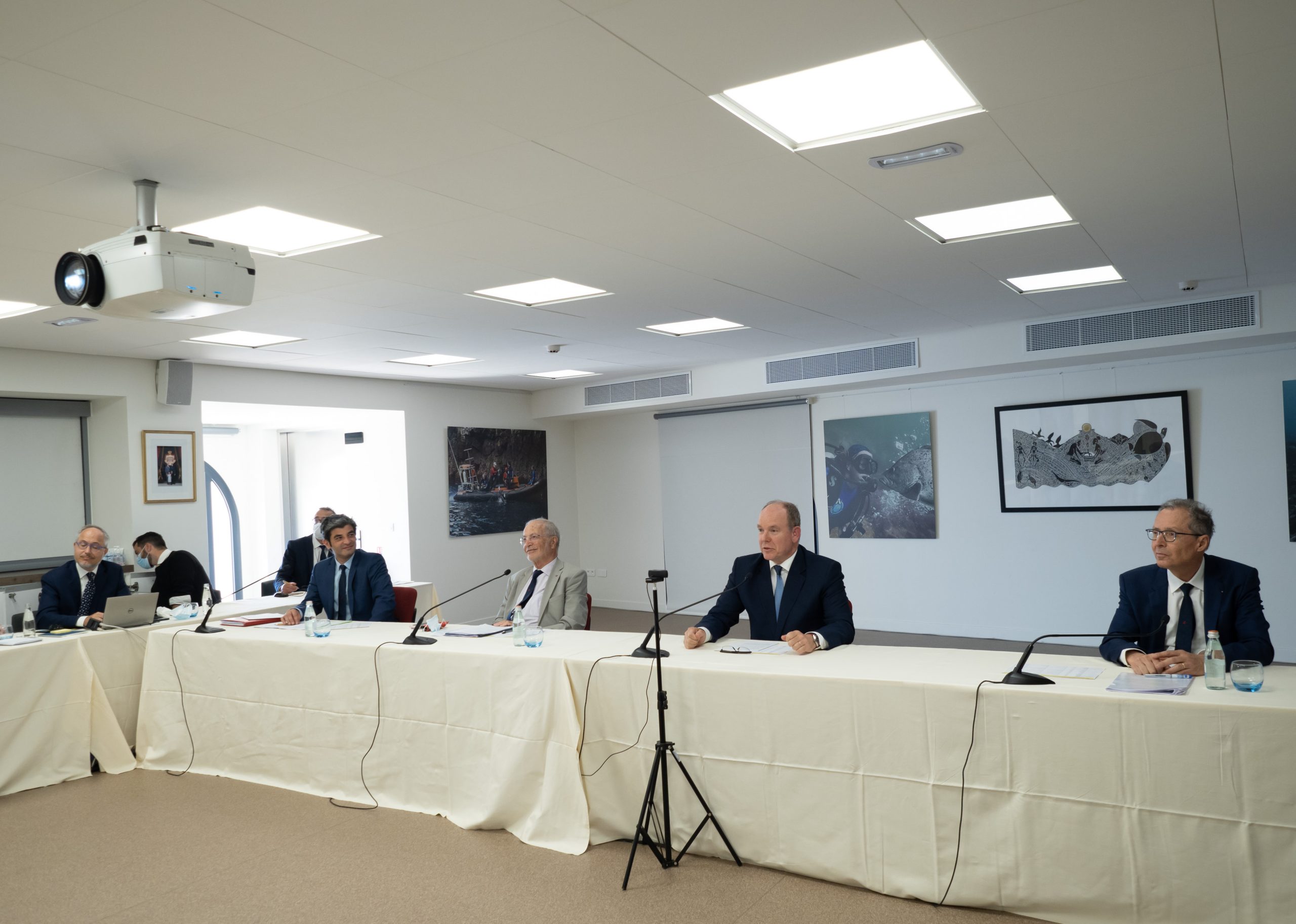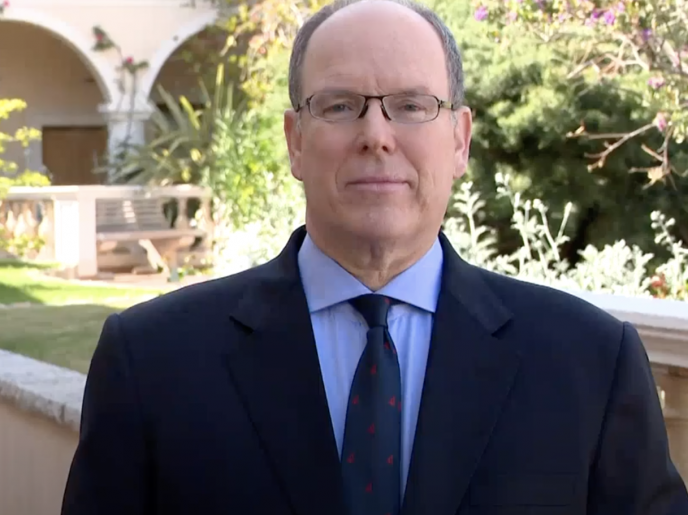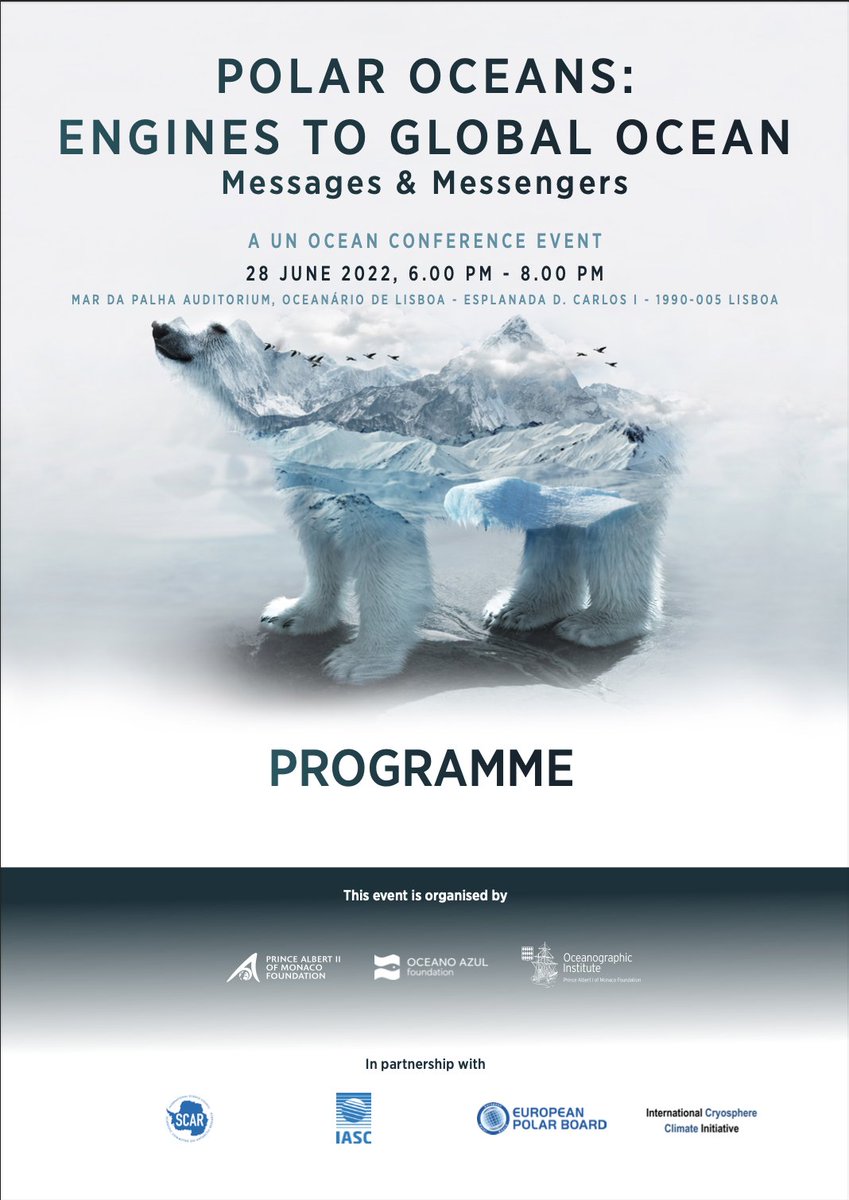
- Home
- Categories
- News from Musée Océanographique de Monaco
The closure of cultural venues and their major roles in our society and economy is more topical than ever. This Tribune explains the importance of the dialogue between Science and Culture to build the world of tomorrow. This is not just a question of economic activity; it is our openness and resilience in the face of the current crisis and in inventing the future that is at stake.
It istime to oppose the rebound of the epidemic and the economic crisis with a rebound of enthusiasm and imagination. Along with the economy, it is curiosity, discovery and creativity that must be revived so that we emerge stronger, better able to face the major environmental and social challenges.
To deconcentrate minds and rekindle the imagination, to take up the planetary challenges and prepare a more livable and exciting future, we are responding, because there is no future without Nature, nor a future without Culture.
A Tribune initiated by the Oceanographic Institute, published in the Journal du Dimanche, whose first signatory is H.S.H. Prince Albert II of Monaco, joined by 32 other international signatories from the worlds of science and culture: Laurent Ballesta, Charles Berling, Stéphane Bern, Sandra Bessudo, Robert Calcagno, Jean Chambaz, Xavier Darcos, Bruno David, Peter Herzig, François Houllier, Alexis Jenni, Murielle Mayette, Erik Orsenna, Vladimir Ryabinin, Enric Sala, Philippe Taquet, Valérie Verdier…
More articles
visiting the Musée
means protecting the ocean
- Accueil
- Categories
- News from Musée Océanographique de Monaco
THANK YOU on behalf of the ocean
The Institut océanographique is a pioneer in discovering and conserving the marine environment, and since 1906 has been pursuing its goal of helping people know, love and protect the ocean. To this end, it will pay €0.05 from the cost of every visitor ticket bought to MEDFUND, a fund devoted to the protected marine areas of the Mediterranean.
When you visit the Musée, you will be participating in the Protected Marine Areas of the Mediterranean:
5 eurocents per ticket sold are paid to TheMedFund!
Come to the Musée and get involved with protecting the ocean.
Protected Marine Areas (PMA): tools for managing and preserving the marine environment.
Protected marine areas are delineated areas of the sea that are designed to protect nature over the long term. Most PMAs allow nature to be protected while continuing to carry out sustainable activities in the area, such as traditional fishing and responsible tourism. The way they are managed often requires users, politicians and experts to work together to manage the protected area in question.
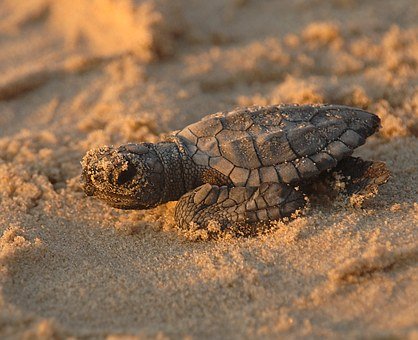
The aim of TheMedFund is to guarantee a stable source of financing in order to continue and consolidate the sustainable management of PMAs in the Mediterranean, via an environmental fund.
The Med Fund supports several pilot sites, including the Protected Marine Area of the Kuriat Islands in Tunisia, which house a nesting site for sea turtles.
PMAS IN THE MEDITERRANEAN
A Protected Marine Area (PMA) refers to a delineated space, in the sea or on the shore, whose role is to ensure the long-term conservation of the species and ecosystems that it houses, and to ensure that its marine resources are used and managed sustainably.
In the Mediterranean Sea, where the biodiversity is exceptional, there are over 1200 protected areas, representing 7% of its surface area, but the lack of human and financial resources sometimes means they cannot be managed effectively.
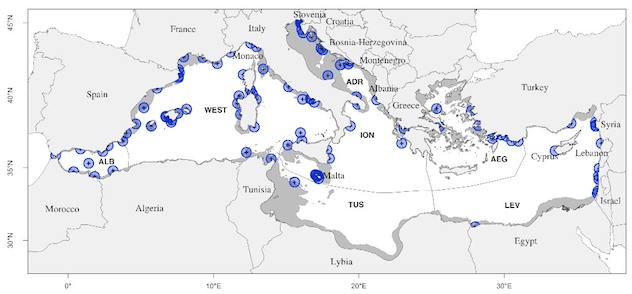
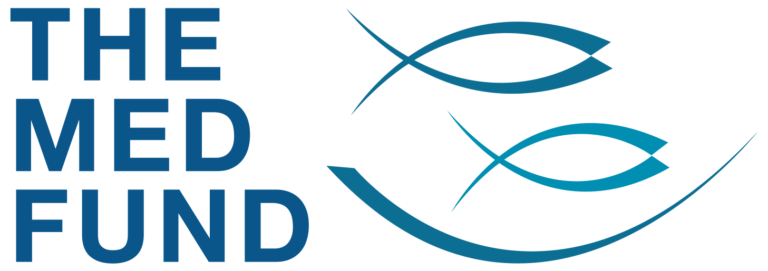
The TheMedFund association is an association under Monaco law created in 2015 on initiative from the Principality of Monaco, France, Tunisia and the Prince Albert II Foundation.
TheMedFund administers an environmental fund that directly and permanently finances the protected marine areas of the Mediterranean owned by the beneficiary countries.
Over the next 4 years, TheMedFund aims to support 18 new protected marine areas in the southern and eastern Mediterranean.
For the 3rd year of the Monaco Ocean Week, in 2019, Sorbonne University, represented by its rector Jean Chambaz, and the TheMedFund association, represented by its chairman HE Bernard Fautrier, joined forces to sign a partnership agreement. The objectives of this agreement included a financial participation in the environmental fund for protected marine areas (PMAs) in the Mediterraneans.
The Institut océanographique committed in 2017 to pay TheMedFund 5 eurocents per entry ticket sold, representing an annual contribution of over €30,000 euros, thanks to the 650,000 visitors that the Musée Océanographique de Monaco sees every year.
Robert Calcagno, Directeur général de l'Institut océanographique
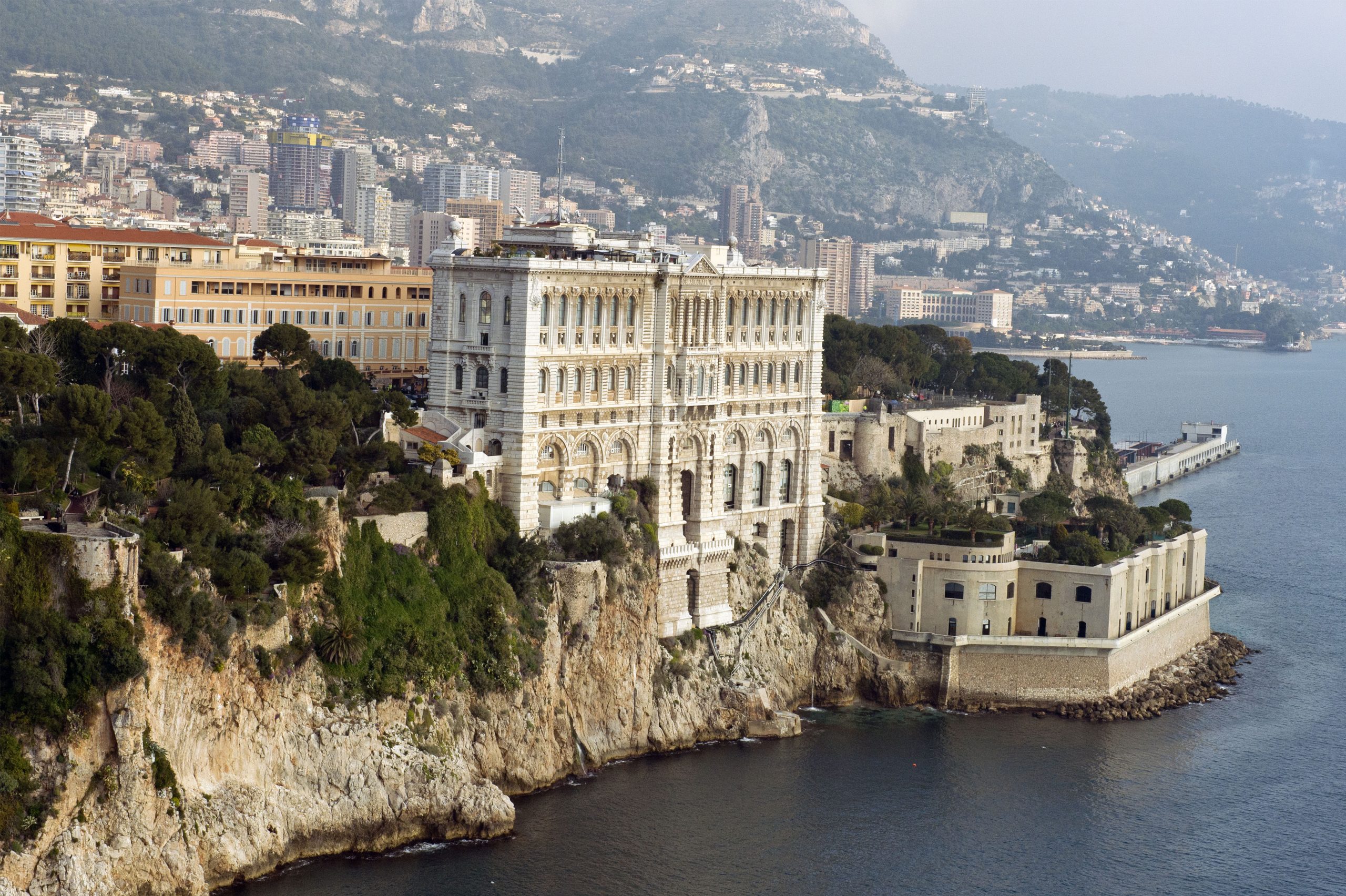
Worldpremiere:
birth of dwarf hatchet fish at the Museum
- Home
- Categories
- News from Musée Océanographique de Monaco
our experts at L'AQUARIUM are happy to announce the first birth of dwarf hatchetfish in an aquarium
Parapriacanthus ransonneti
Captivated by the beauty of a school of dwarf hatchet fish during a visit to Japan, aquarists from the Oceanographic Museum, Océanopolis and Marineland set themselves a challenge that is about to be met: to create a school of these mysterious fish, using larvae raised at the aquarium. In Monaco, after only a few weeks of acclimatization, the broodstock freshly arrived from Japan started to lay eggs. The larvae were recovered with patience and care and then grew up under the amazed eyes of the caretakers.
This approach also expresses the importance of a responsible approach for the Oceanographic Institute with regard to the marine environment: with this reproduction in an aquarium, the experts of the Oceanographic Museum will directly contribute to the reduction of fishing pressure on this species in the natural environment!
Creating an entire bench will take time and hard work, but what was a dream a year ago is taking shape before our eyes! See you in a few months in Monaco to discover these wonderful fish and their sumptuous movements when they form a school.
Sustainable seafood
Training at the Mirazur
- Home
- Categories
- News from Musée Océanographique de Monaco
Mauro Colagreco, a committed chef at the best restaurant in the world
A training session on the sustainable consumption of seafood products was given by Pierre Gilles, Project Manager at the Oceanographic Institute and Auriane Pertuisot, Marine Project Manager at the Prince Albert II of Monaco Foundation. This training was aimed at 25 of the team members of the famous Mirazur restaurant in Menton.
A rich programme
The program included a presentation of the state of the world’s marine resources, eco-responsibility in the consumption of marine products, as well as the presentation of the Mr. Biodiversity label. GoodFish, certifying responsible products, a programme supported and carried out on the French and Monegasque Mediterranean coast by the Prince Albert II Foundation.
This intervention was part of the training that the Mirazur team follows throughout the year, particularly in the area of responsible practices.
More than 25 members of the Mirazur team were present, including Laura Colagreco and Luca, the second chef, as well as many young people in post or in training.
Congratulations to Mirazur for its environmental approach, as well as for its very successful year, since the establishment received a 3rd star in the Michelin Guide this year and was ranked “Best Restaurant in the World” according to The World’s 50 Best Restaurants 2019!
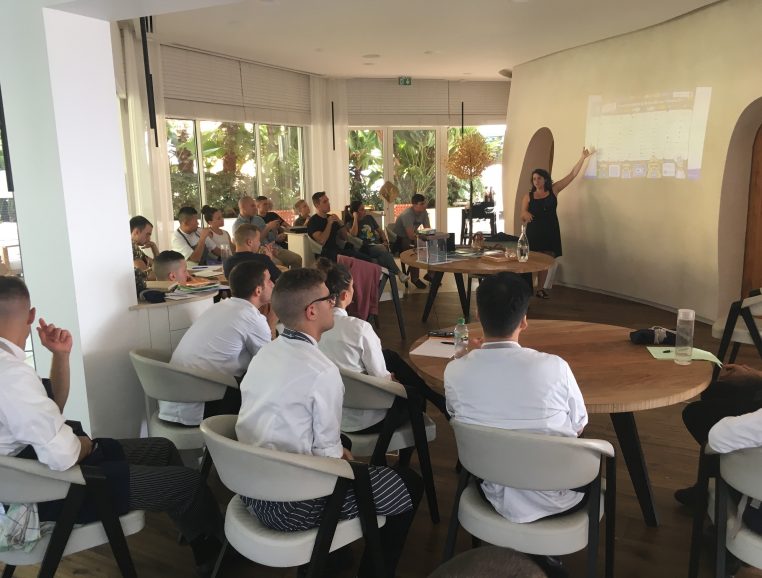
See also
H.S.H. Prince Albert II of Monaco
Speech about the Ocean
- Home
- Categories
- News from Musée Océanographique de Monaco
Year 2021
- Annual session of the National Academy of Sciences 25/04/2021
On the occasion of the annual session of the National Academy of Sciences in Washington, D.C., H.S.H. Prince Albert II gave a recorded speech to commemorate the centenary of Prince Albert I’s 1921 Speech on the Ocean.
- Monaco Blue Initiative, Monaco, 22 March 2021
Introductory speech
MBI 12th edition
Lhe best thing to do is to build a dialogue between the different actors involved. To bring together knowledge, expertise and resources. To build shared diagnoses, ambitions and strategies.
At a time when major international events are in the offing, the’s agenda for 2021 in terms of both biodiversity preservation and conservation of the environment.’Océan, c’This is the ambition that must drive us.
- World Ocean Summit, 04/03/2021
H.S.H. Prince Albert II of Monaco mentioned current major ocean challenges
The Sovereign addressed, more specifically, the need for efficient management of marine protected areas, but also the hopes raised by negotiations on marine biodiversity in areas beyond national jurisdiction and the opportunities linked to the ocean in terms of energy transition. The Sovereign also reminded us of this essential message while we think of the Ocean far removed from our daily lives: “To speak of the Ocean is to speak of our human life here and now. It means tackling subjects as vast and complex as health, energy, nutrition, the economy, innovation, trade and international security.
Year 2020
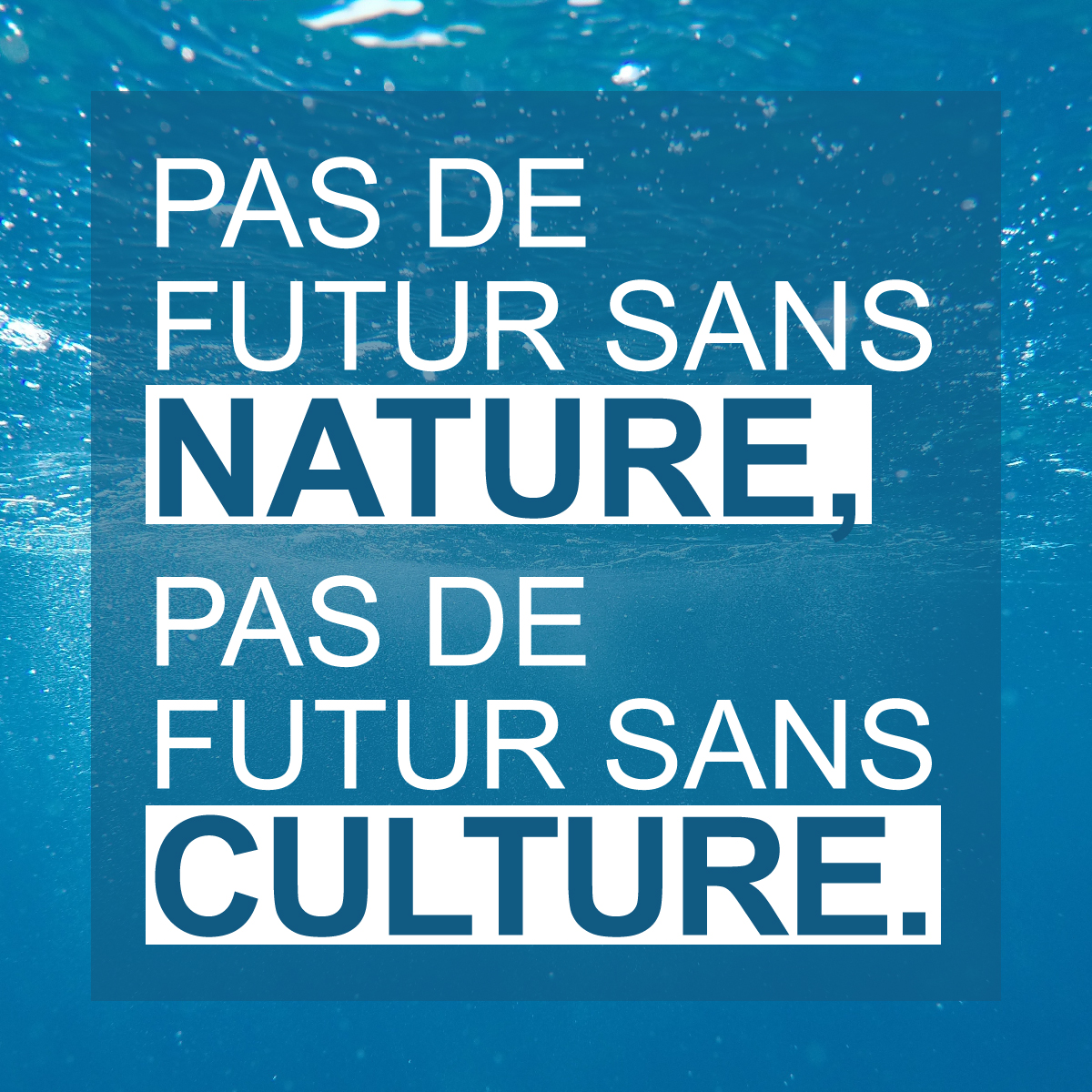
- Monaco, 13 December 2020
For a deconfinement of minds
The topicality of the closure of cultural venues and their major roles in our society and economy is more relevant than ever. This Tribune explains the importance of the dialogue between Science and Culture to build the world of tomorrow. This is not just a question of economic activity; it is our openness and resilience in the face of the current crisis and in inventing the future that is at stake.
It istime to oppose the rebound of the epidemic and the economic crisis with a rebound of enthusiasm and imagination. With the economy, it is curiosity, discovery and creativity that must be revived so that we emerge stronger, better able to face the major environmental and social challenges.
To deconcentrate minds and rekindle the imagination, to take up the planetary challenges and prepare a more livable and exciting future, is our answer, because there is no future without Nature, nor a future without Culture.
A Tribune initiated by the Oceanographic Institute, published in the Journal du Dimanche, whose first signatory is H.S.H. Prince Albert II of Monaco, joined by 32 other international signatories from the worlds of science and culture: Laurent Ballesta, Charles Berling, Stéphane Bern, Sandra Bessudo, Robert Calcagno, Jean Chambaz, Xavier Darcos, Bruno David, Peter Herzig, François Houllier, Alexis Jenni, Murielle Mayette, Erik Orsenna, Vladimir Ryabinin, Enric Sala, Philippe Taquet, Valérie Verdier…
- International Hydrographic Organization, 16/11/2020
Opening remarks of the IHO Assembly by HSH Prince Albert II of Monaco
The achievements accomplished by the International Hydrographic Organization are a sign of the role and necessity of this lasting notion of multilateralism for technical consultations.
The IHO was founded in this sprit almost 100 years ago and it is just as relevant today as it was at the time of my great great grandfather, Prince Albert Ist who invited the International Hydrographic Bureau, predecessor of the International Hydrographic Organisation, to set up its headquarters here in Monaco in 1921, where it has remain every since.
- Virtual Summit of Heads of State and Government on biodiversity,
New York, September 30, 2020
Decision-makers take action for nature and biodiversity
It is not just a matter of preserving a few species, a few ecosystems, or even a few seas. It is a question of preserving our planet, our future, our life.
That is why it is so important to act, and to act now.
- United Nation Ocean Conference, 04 June 2020
"A digital ocean: data and science session"
Interconnecting the decisions of political and economic players more effectively with the work of the scientific community should more than ever before be at the heart of our strategies, because the connection between science, decision makers and public opinion has always been the principle of any responsible action.
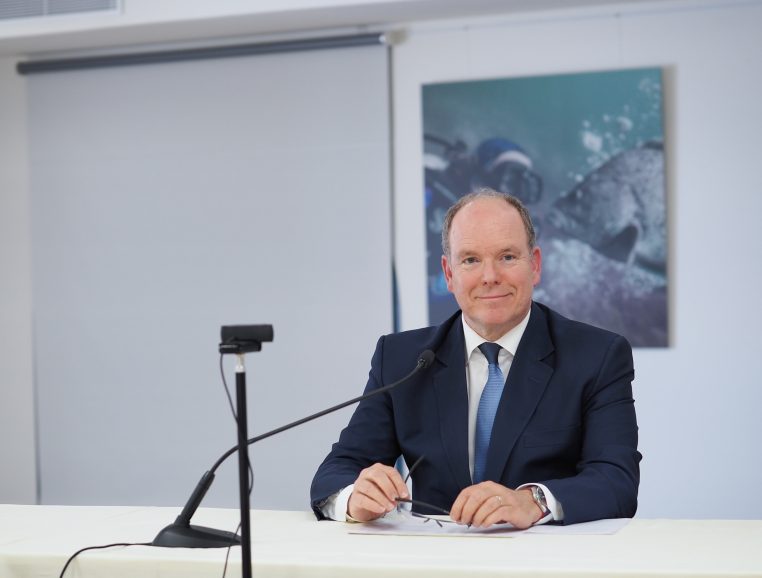
- Monaco Blue Initiative, 28 May 2020
opening of the MBI #11
In the particular context of the COVID-19 crisis, the MBI that was to be held in March in Monaco was cancelled and replaced by high-level video-conference sessions. On this occasion, H.S.H. the Prince made a significant speech.
“To know men, one must see them act” wrote Rousseau. This applies to our subjects as much as to others: to really know our relationship with the oceans and to hope to change it, we must see ourselves acting towards the seas. This is what the Monaco Blue Initiative is all about.
- Monaco, 22 April 2020
Earth Day: HSH Prince Albert II of Monaco made a speech in favour of protecting the planet
The fragility of humanity that we are witnessing must lead us to reflect on our priorities and, first and foremost, to reinvent our relationship with nature.
Through the immense social and economic changes that it is bringing about, and that it will bring about for many months, and perhaps for many years to come, this crisis must encourage us to better preserve our Planet, its climate, its biodiversity and its oceans.
Year 2019
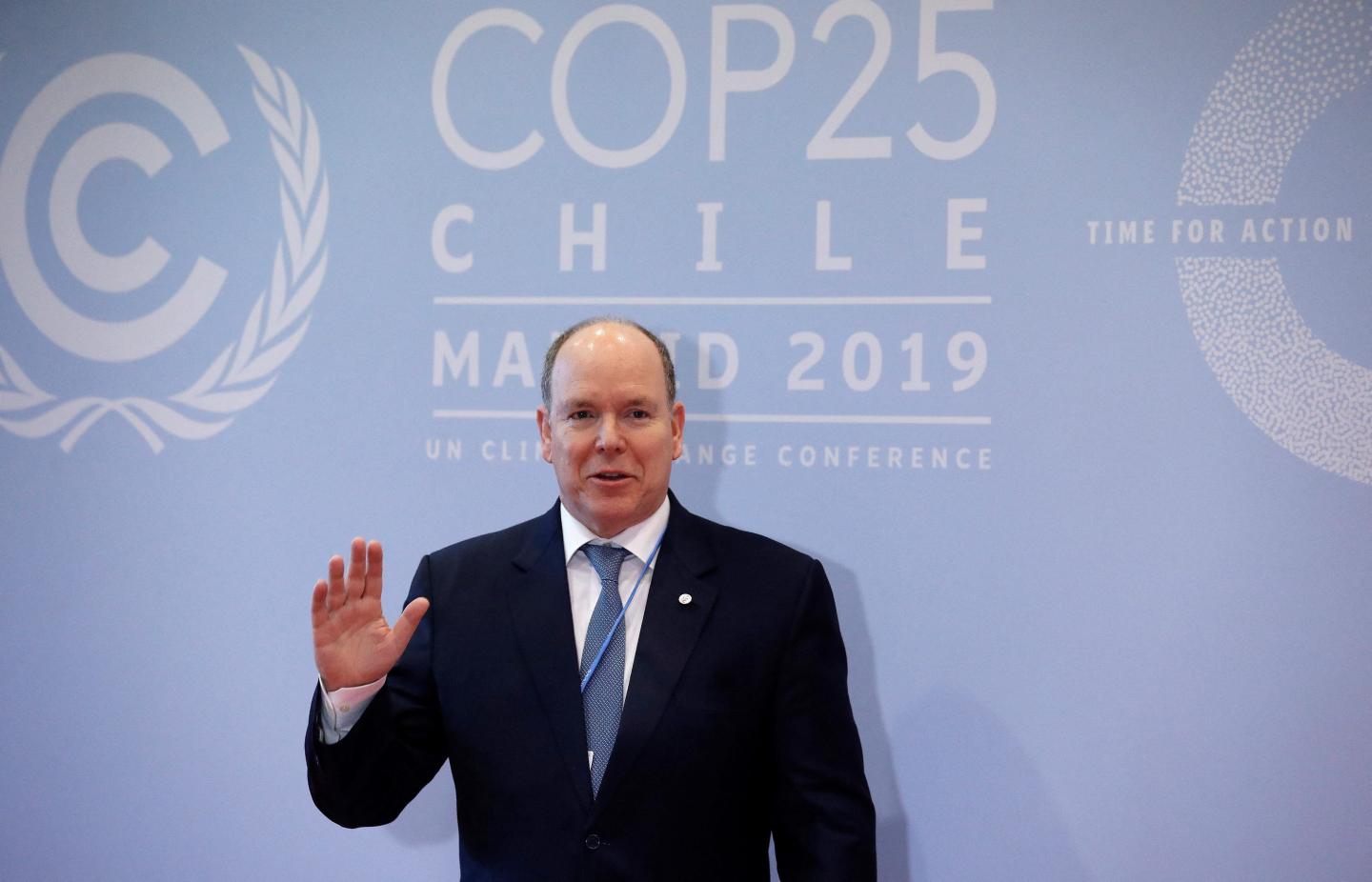
COP 25 Chili - Madrid, December 2019
The “blue cop”, focused on the ocean
In line with his commitments on the IPCC special report on the ocean and cryosphere, H.S.H. Prince Albert II participated in the COP 25 organized by Chile and relocated in Madrid, from 2 to 13 December 2019.
We cannot effectively combat climate change without taking swift, ambitious and coordinated action to protect and preserve the Ocean. The world will be watching COP25 and expects nothing less than a collective commitment of responsibility to ensure the protection and integrity of our ocean ecosystem and to mitigate further damage to the Earth and all living things on it.
- Oceanographic Museum of Monaco, 7 November 2019
Presentation of the Grand Medals Albert I
The global pressure on our planet affects everyone and hits the weakest hardest. In this context, international solidarity and multilateral dialogue are more essential than ever.
The ocean, like the climate, invites us to do so. They link species, peoples and individuals of all origins and conditions, wherever they may be, for better or for worse, by a link as indestructible as it is vital.
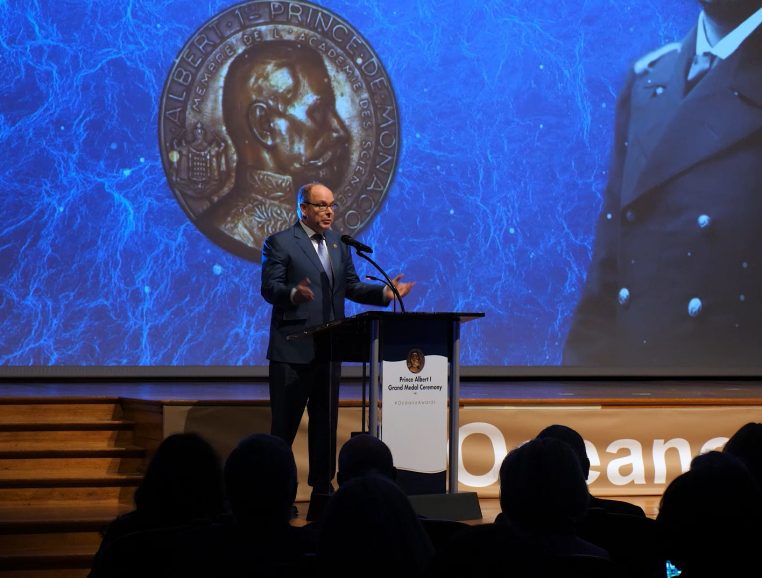
United Nations General Assembly - 24 Sept. 2019
the principality committed to the climate
The Government of Monaco is committed to carbon neutrality and is giving itself the means to achieve it, declared Prince Albert II at the United Nations General Assembly. In his speech, the Sovereign also emphasized the role of forests and even more so that of the ocean. Monaco has “historically chosen to support science,” he added.
Climate change and the collapse of biodiversity, far from being isolated crises, are two alarming symptoms of the Antrhopocene that need to be addressed in synergy.
- Paris, UNESCO Headquarters - 29 July 2019
Centenary of the International Geodetic and Geophysical Union
The ardent need to protect the ocean has succeeded the time of discovery and knowledge of the seas, which was that of my great-great-grandfather.
Monaco strives to continue to follow his will and to make his legacy fruitful by updating his message.
Through its own initiatives as well as by proposing to its partners to relay and amplify their own actions, the Principality strives to be a “voice of the ocean”…
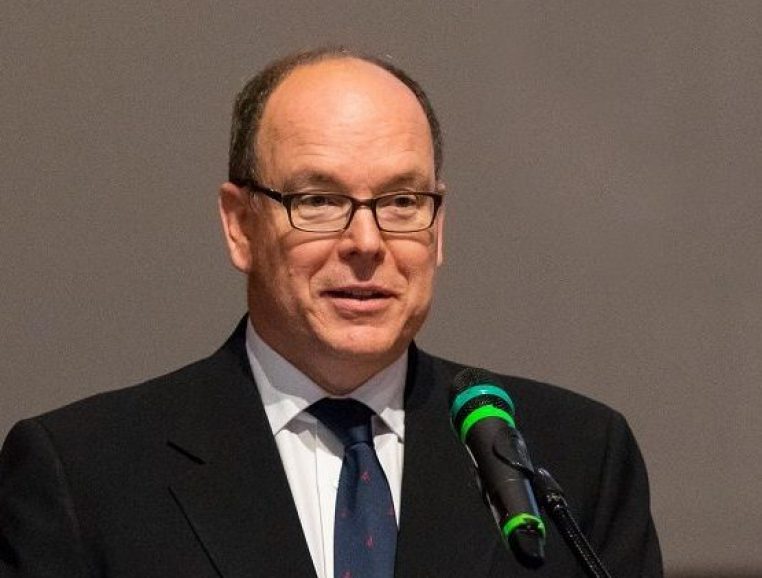
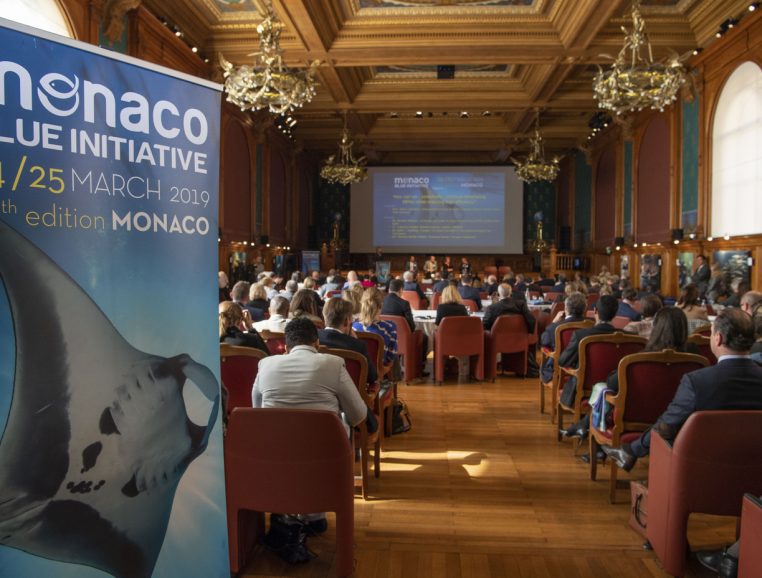
- Monaco Blue Initiative, 25 March 2019
opening of the MBI #10
There is a phrase by the great historian Jules Michelet that often comes to mind when I enter this Oceanographic Museum, which is right here on the Mediterranean.
“It is with the sea that all geography should begin”.
We also know that it is with the sea that all history must begin, for we know that we were born of the ocean and that our civilizations were born of the sea.
But it is also by the sea, more and more, that any economy should start.
I am sure that all politics, morals and philosophy will have to begin more and more with the sea.
- Monaco, Oceanographic Museum, 16 April 2019
Meeting of European Oceanography Centres
I think it is necessary, as you said, to develop a better understanding of the general public [sur les questions des sciences de l’océan]. People like information that tells a story, and if we can draw their attention to different ways of telling that story, and in a more engaging way, I think that would certainly help.
Listen to the recorded speech in English.
- Ecouter le discours (anglais) 00:00
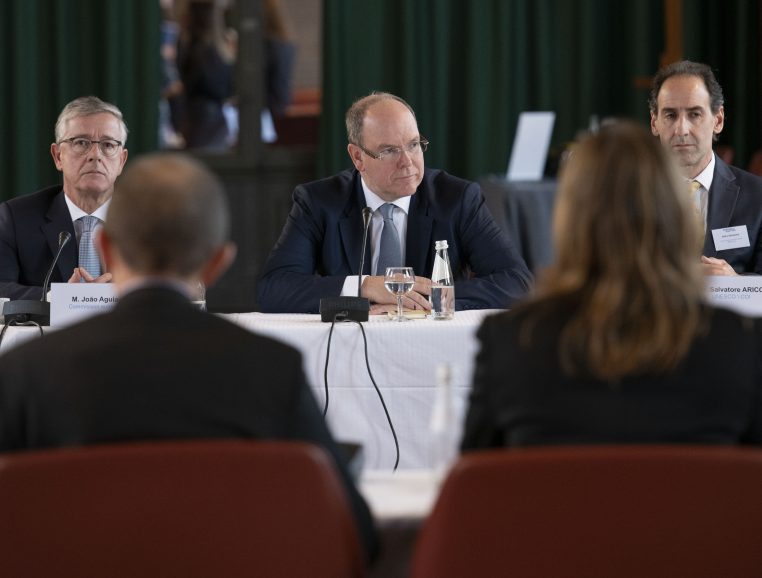
SEE ALSO
Message from H.S.H. Prince Albert II of Monaco, on the occasion of the 74th session of the Marine Environment Protection Committee, London – 13 to 17 May 2019, International Maritime Organization
Message from H.S.H. Prince Albert II of Monaco to the Director-General of UNESCO at the First Planning Meeting of the UN Decade of Ocean Sciences for Sustainable Development – 13 May 2019
Speech by H.S.H. Prince Albert II of Monaco, at the UN Tribune on the occasion of the conference on the oceans in the framework of Development Goal 14 “To conserve and sustainably use the oceans, seas and marine resources for sustainable development” – Speech June 2017.
Oceano Club
A week to discover the oceans
- Home
- Categories
- News from Musée Océanographique de Monaco
Do your children bombard you with questions about the sea? Sign them up for the Oceano Club to offer them a trip to the heart of the oceans.
What is it about? A one-week course organized during the school holidays in the heart of the Oceanographic Museum. Its aim: to make young people aware of the oceans and their secrets.
LITTLE VIP TRAINEES
The Oceano Club is designed to introduce children aged 8 to 12 to the world of the sea. It welcomes them for a whole week in the magical setting of the Oceanographic Museum.
Surrounded by an educational team, these young explorers participate, from 9am to 5pm for five days, in multiple games and activities centered on the oceans and the animals that inhabit them.
This is an opportunity to awaken their curiosity, to reinforce their thirst for discovery and to spark future passions and vocations.
JUST LIKE EXPLORERS
To encourage a playful approach, observation and manipulation are favoured.
Your children will be aquariologists and apprentice scientists for the week: they will take samples of microscopic animals from the pools, feed the turtles on the panoramic terrace, discover the magical world of coral reefs or dive into their imagination to write a story about the oceans.
Oceano Club
Conditions and prices-
Every day of the week, 9am - 5pm
-
8 / 12 years old
-
School summer holidays
TRIED AND TESTED
The best people to talk about it? It is the children themselves, of course. Like Arthur, for example: “I really enjoyed feeding the sharks, and it was also great to be able to interview explorers. The hosts were very nice too. I hope I can come back one day.” Or Maëlle “It was so good. I made a lot of friends and I loved feeding the turtles. Léo confirms: “Oh yes, it was very good! Seeing the sharks, the fish, the turtles, feeding them… I really liked everything about this course!”
People are talking about it!
I enjoyed feeding the sharks. The facilitators were very nice... and I hope I can come back one day!
Arthur,
Oceano 2018
It was really great, I loved feeding the turtles and making lots of new friends.
Maëlle
Oceano 2018
My favorite OCEANO Club memory is... Well I don't have too many, I like everything. I like everything actually...
Emie
OCEANO 2018
See also
The twilight of nature
- Home
- Categories
- News from Musée Océanographique de Monaco
On May 6, the Intergovernmental Panel on Biodiversity and Ecosystem Services (IPBES) released an alarming report on the global state of biodiversity…
In 2011, the United Nations Decade for Biodiversity began, with ambitious targets for improvement by 2020. With a year to go before the end of the decade, who remembers it existed? Who can be pleased with the successes achieved?
The preservation of 10% of the ocean by Marine Protected Areas will not be achieved. However, it is certainly in this area that the best progress of the decade has been observed. For the rest, the assessment of biodiversity and ecosystem services coordinated by 149 international experts of the IPBES is particularly cruel. This work, unanimously validated by the representatives of 110 countries, cannot be criticized for its lack of seriousness. And, if we are to believe the experience of the IPCC, which is the model for IPBES 20 years in advance, successive reports gain in precision but never in optimism.
The ocean has not been spared
As late as 1950, Rachel Carson wrote in This Sea That Surrounds Us, ” [L’Homme] cannot dominate or modify the oceans in the same way that it was able to reduce and plunder the continents during its still brief occupation. “Today, if 75% of terrestrial environments are “significantly altered”, 66% of marine environments are subject to “increasingly cumulative effects”.
On land, the consumption of natural areas and their fragmentation are the main causes of biodiversity loss and reduce the scope for adaptation to climate change. In the sea, fish retain the ability to migrate to escape the continued warming of the ocean. Bony fish seem to be the least vulnerable today.
However, overfishing remains massive on an ocean-wide scale and is only getting worse. One third of stocks are now being exploited beyond natural renewal, thus “eating into” the natural capital.
Fishing is now one of the most globalized activities. As stocks have been depleted, industrial fishing, supported by unsustainable subsidies, has moved away from the centres of consumption to the high seas, the deep sea and the poles.
INEQUALITIES AND CONFLICTS
Artisanal fishing, which supports 90% of the world’s fishermen with only half the catch, is largely practiced in the tropical belt. However, in addition to overfishing, the latter is doubly a victim of climate change: fish are leaving this area, which has become too hot, to migrate to temperate regions, and coral reefs are in the front line of “heat waves”. The surface area of reefs has been halved since 1870 and species diversity is eroding rapidly: 33% of coral species are now threatened. However, it is precisely this diversity that creates the geometric complexity of the reefs that allows the reproduction and growth of the fish.
This is a glaring example of the injustices of biodiversity: temperate countries, which were the first to exceed the limits of fishing and CO2 emissions, could be the winners in the coming mess!
Similarly, while biodiversity is declining at a slower rate in areas managed by indigenous communities, the new race for resources is increasing the pressure on them, promising social as well as environmental disaster.
The IPBES report also analyses the very unfair nature of the erosion of biodiversity, while the consumption of certain parts of the world is degrading the environment at a distance. It also stresses that these inequalities “fuel social instability and conflict”, while “more than 2,500 ongoing conflicts” are linked to access to certain resources.
We can therefore only welcome France’s intention to devote the G7 Environment Summit, which ended on 6 May, to “combating inequalities by protecting biodiversity and the climate”. It remains to be seen whether action can be taken, in an international context that is not currently conducive to such a collective commitment.
In terms of biodiversity as in climate, there is no doubt that our planet has been much worse off over the last few million years but, as the IPBES report points out, degradation has never been so rapid since the emergence of the human species. As for the variations that man has previously experienced, they have affected a few million individuals and not ten billion. And in those days, borders did not exist. Will Man be caught in his own fragmentation?
Speeding up, but in which direction?
It is true that human society has never been so developed or so fast in its evolution. The IPBES report went around the world in a few hours. Everyone can take the measure of the situation and invent solutions.
However, just as computers have not eliminated paper and telecommunications have not eliminated air travel, the technological evolution of society has not so far been conducive to slowing the erosion of biodiversity. On the contrary. As living standards have risen, so has resource consumption, in addition to rapid population growth. Individual consumption of seafood products has doubled over the last fifty years in the global race for animal protein.
“Technology” in itself cannot therefore be an answer, and our history for at least two centuries has tended to consolidate and crystallize a model of unbridled consumption that is eroding the “fundamentals” of our planet, the services that IPBES has highlighted: while widespread overfishing has led to a gentle decline in the quantities fished over the past two decades, the disappearance of pollinating insects will soon affect agricultural crops.
IPBES advocates rapid “transformative change” at all scales simultaneously, from local to global. However, in order to obtain the unanimity necessary for the approval of the report, it is careful not to specify the solutions that will make up this overall change. And preserving biodiversity is an even more complex challenge than climate change, which is only one component…
CHANGING THE WORLD
IPBES makes explicit “Transformative change is defined as fundamental system-wide change that takes into account technological, economic and social factors, including paradigms, goals and values.”
While assembling a vast toolbox of identified intervention tools, IPBES emphasizes the depth of change required: “While current structures often distract from sustainable development and are the indirect mechanisms of biodiversity loss, deep, structural change is needed. By its nature, transformative change will meet opposition from those with a vested interest in the status quo, but this opposition can be overcome in the public interest.”
Therefore, the signals that govern our society must be redesigned, through “incentives for environmental responsibility and the elimination of harmful incentives”.
To use the road safety slogan, we are “All responsible”. But who is ready to lift their foot off the gas, which government is ready to put in place speed cameras when we know that we are all going into the wall at high speed?







